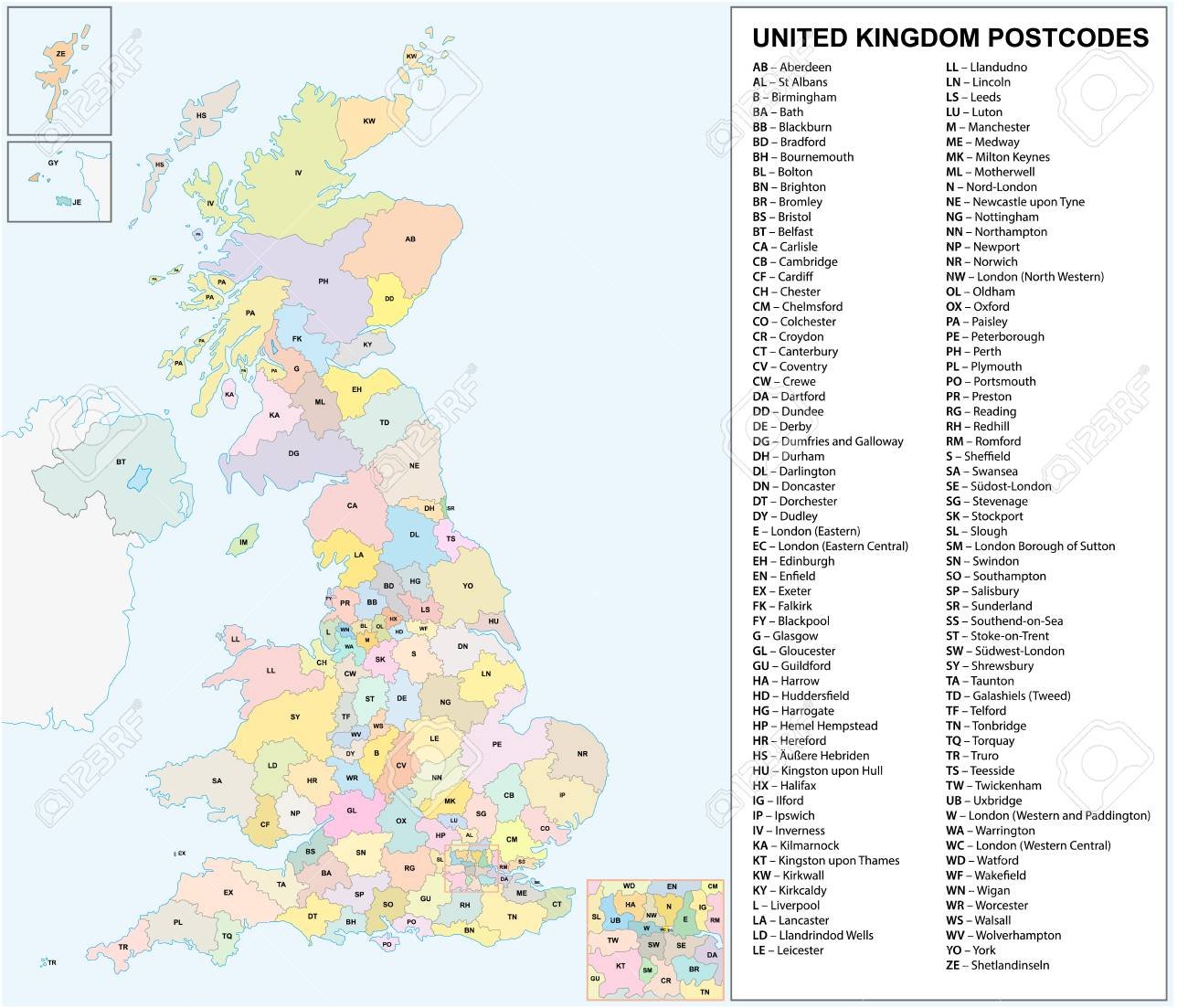In the labyrinth of geographical organization, postcodes serve as beacons, guiding parcels, people, and data to their respective destinations with utmost precision. In the United Kingdom, postcodes are not just arbitrary strings of letters and numbers; they are the linchpins of efficient mail delivery, location-based services, and demographic analysis. Understanding their nuances is pivotal, not just for logistical purposes but also for businesses, policymakers, and researchers.
The Genesis of UK Postcodes: A Brief History
The inception of UK postcodes traces back to the 1950s when the General Post Office (GPO) sought a systematic approach to sort and distribute mail efficiently. This led to the development of the postcode system, which underwent several iterations before culminating in the alphanumeric format familiar today.
Decoding the Structure: Breaking Down UK Postcodes
1. The Outward Code
At the forefront of every UK postcode lies the outward code, representing the area of the delivery point. It typically comprises one or two letters followed by one or two digits, delineating regions at a broader scale.
2. The Inward Code
Delving deeper, the inward code forms the latter part of the postcode, pinpointing specific Postcodes in the United Kingdom locales within the broader area denoted by the outward code. It consists of a digit followed by two letters, honing in on precise neighborhoods or streets.
The Functional Significance: Why Postcodes Matter
1. Facilitating Mail Delivery
The primary function of postcodes is to streamline the process of mail delivery, ensuring parcels and letters reach their intended recipients promptly and accurately. By embedding geographical information within their alphanumeric sequences, postcodes serve as navigational aids for postal workers, guiding them through the intricate network of streets and neighborhoods.
2. Enabling Location-Based Services
In the digital age, postcodes have transcended their conventional role in mail delivery to become integral components of location-based services. From online shopping to ride-hailing apps, businesses leverage postcodes to tailor services, offer localized promotions, and optimize logistics, enhancing customer experience and operational efficiency.
3. Empowering Demographic Analysis
Beyond their tangible applications, postcodes harbor a wealth of demographic insights, serving as proxies for socioeconomic status. Population density, and consumer behavior. Researchers and policymakers harness postcode data to Postcodes in the United Kingdom inform urban planning, allocate resources equitably. Devise targeted interventions, fostering inclusive development and informed decision-making.
Navigating the Postcode Maze: Practical Implications
1. Business Expansion and Targeting
For businesses, deciphering the intricacies of postcodes can unlock a treasure trove of opportunities. Whether expanding into new markets or refining targeted marketing campaigns. Understanding the demographic makeup and consumer trends associated with specific postcodes is paramount for success.
2. Logistics Optimization
In the realm of logistics, optimizing delivery routes and minimizing transit times can spell the difference between profit and loss. By harnessing postcode data to map out efficient distribution networks and implement dynamic routing algorithms. Companies can streamline operations, reduce costs, and elevate customer satisfaction.
3. Data-Driven Decision Making
In an era inundated with data, harnessing the power of postcodes is indispensable for data-driven Postcodes in the United Kingdom decision-making. Whether analyzing market trends, identifying emerging hotspots, or assessing the impact of policy interventions. Leveraging postcode data equips organizations with actionable insights, fostering agility and resilience in an ever-evolving landscape.
Conclusion: Embracing the Power of Postcodes
In the tapestry of modern society, postcodes emerge as linchpins of connectivity, efficiency, and insight. Beyond their role in facilitating mail delivery, postcodes wield immense potential as catalysts for business growth, logistical optimization, and informed decision-making. By unraveling the intricacies of UK postcodes and harnessing their power. Organizations can navigate the complex terrain of the digital age with confidence and precision.









